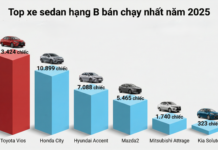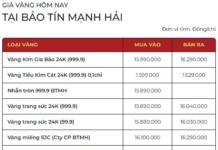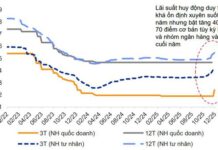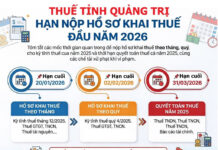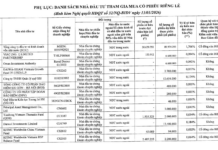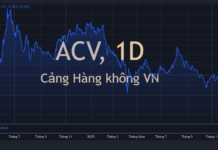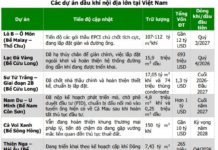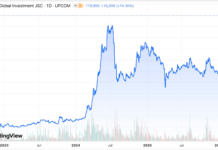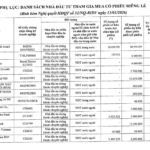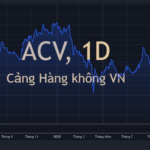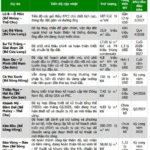The State Bank of Vietnam (SBV) has issued Circular No. 03/2024/TT-NHNN amending and supplementing a number of articles of Circular No. 19/2013/TT-NHNN guiding the purchase, sale, and handling of bad debts by the Vietnam Asset Management Company (VAMC).
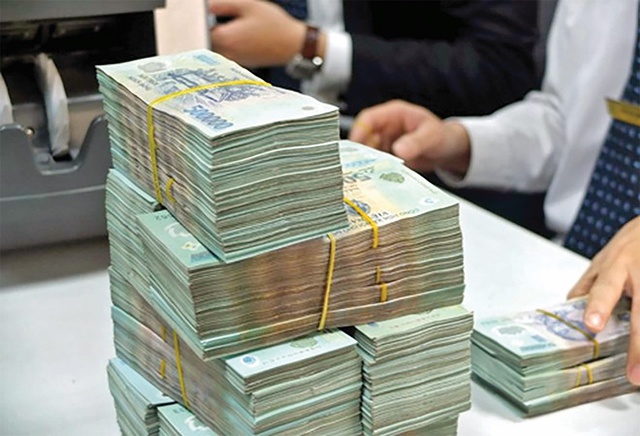
Circular No. 03/2024/TT-NHNN amends and supplements Article 23 on the conditions for bad debts to be purchased by the VAMC at market value:
1- The conditions stipulated in Clause 1, Article 16 of this Circular.
2- Assessed by the VAMC as having the potential to fully recover the debt purchase amount.
3- The collateral for the bad debt is marketable or the borrowing customer has a prospect of recovering their repayment ability.
4- In case of converting a bad debt purchased with special bonds into a bad debt purchased at market value, the corresponding special bonds must also meet the conditions of not being due for payment and not being frozen at the State Bank.
How will VAMC purchase bad debts from July 1st, 2024?
The Circular also amends and supplements Article 26 on the implementation of purchasing bad debts at market value.
Accordingly, based on the plan for purchasing debts at market value approved by the State Bank, financial capacity, economic efficiency, and market conditions, VAMC decides and takes responsibility for purchasing bad debts at market value.
VAMC is only allowed to purchase bad debts from credit institutions and foreign bank branches, including bad debts recorded in the balance sheet according to the Governor of the State Bank’s regulations on asset classification, bad debts that have been settled with risk provisions but have not been recovered, and those monitored off-balance sheet at market value after performing the following tasks:
– Evaluate the bad debt to ensure it meets the above conditions.
– Determine the market value of the bad debt, including the collateral for the debt. The VAMC must conduct the valuation or hire a valuation company to determine the value of the bad debt and its collateral.
– Assess the economic efficiency, risks, and potential for capital recovery from the bad debt purchase.
– Analyze and evaluate the status and prospects of the bad debt, borrowing customer, guarantor, obligor, and the agreed terms of the debt purchase with the selling credit institution or foreign bank branch.
– Propose feasible measures to handle the debt and its collateral.
The purchase and sale of bad debts at market value must be made in a written contract, in accordance with the provisions of this Circular and other relevant regulations. In case of converting a bad debt purchased with special bonds into a bad debt purchased at market value, the contract for the sale and purchase of debt with special bonds shall terminate as of the effective date of the contract for the sale and purchase of debt at market value. The VAMC may agree with the credit institution or foreign bank branch on the distribution of the remaining value of the amount recovered from the bad debt after deducting the purchase price and handling expenses.
Credit institutions and foreign bank branches shall transfer all original documents and records related to the bad debt to the VAMC. In case of converting a bad debt purchased with special bonds into a bad debt purchased at market value, the VAMC shall transfer all original documents and records related to the debt recovery amount, capital contribution, and shares in the borrowing customer to the Vietnamese credit institution.
This Circular takes effect from July 1st, 2024.


